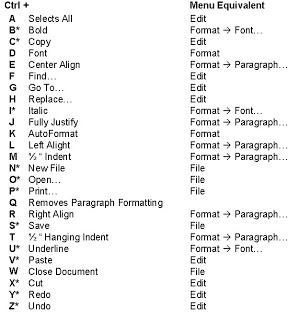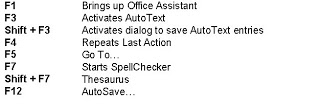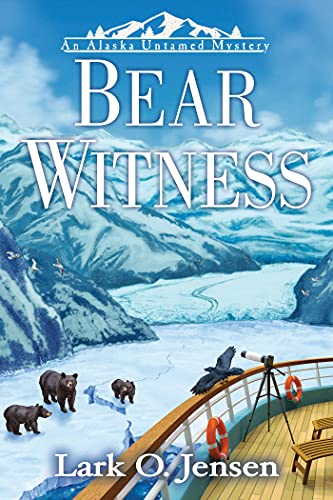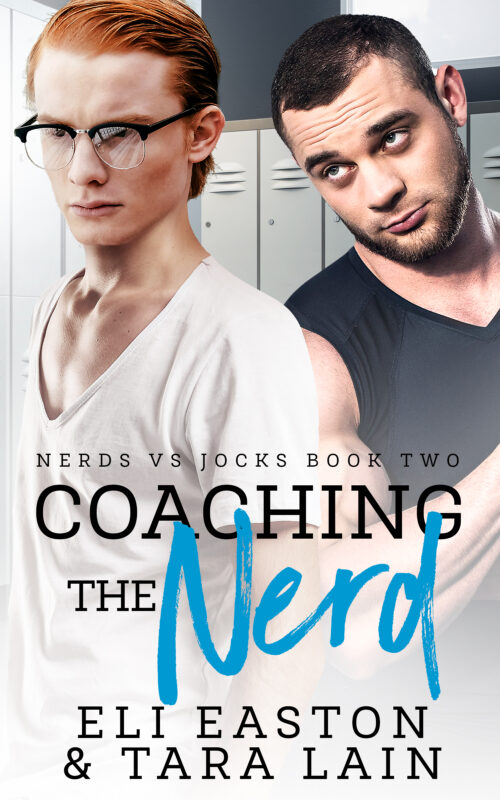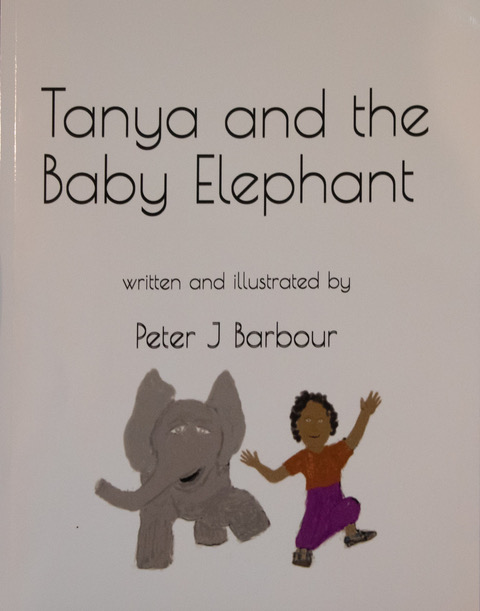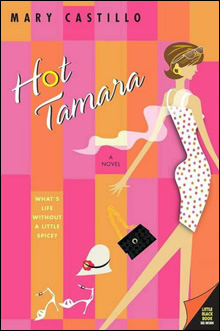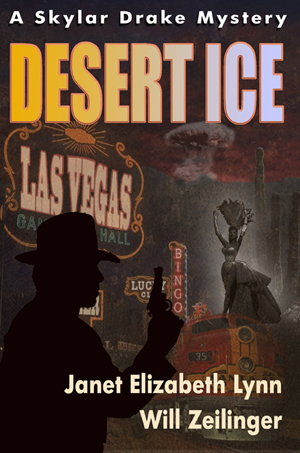My Keeper Shelf
August 9, 2007 by A Slice of Orange in category Archives tagged as Keeper ShelfBy Monica Stoner
The keeper shelf for an eclectic reader can be a thing of wonder and mystery. You wonder how one person can possibly enjoy all these different books. Dick Francis sits next to Julie Garwood and one shelf up from Laurie Berenson. Anne McCaffery overflows onto Suzanne Brockmann’s spot and Nora Roberts fills in the non existent holes. Ayn Rand lives next shelf up from Laurie R. King. And that’s just the fiction bookshelf. Non fiction covers canine structure and health, herbs, raptors, all phases of horsemanship through the ages and organic gardening (did you know just having the books doesn’t make you an organic gardener? You actually have to get out a shovel and DIG.)
Most of these books are allowed out on loan to people who can pass a government level security check. After all, they’re just books, right? Yeah, right.
Then there’s the “real” keeper shelf. Books tattered and torn, spines carefully taped over, and pages brittle with age. Here you find Andre Norton, who did more for fantasy writing than any ten other authors. Laura London – surely you’ve read Windflower? Have you found Lighting that Lingers, probably the most romantic book of all times? Remember the owl? Remember her loving him even though she just knew he was a bad, bad person?
And here, also, you find Theresa Weir. Not just the wonderful bigger books like Last Summer (bad boy actor and small town school teacher), Cool Shade (an agoraphobic former rock star and an insecure DJ), Bad Karma (a for-real psychic and a disillusioned sheriff who’s forgotten how to dream), Amazon Lily (the ultimate jungle romance); but also the smaller books, where every word is a treasure, and you only wish the book could last forever. Loving Jenny, about ordinary people in an ordinary small town where we all wish we could live.
It’s no wonder I can’t settle down to one style of writing, or confine myself to one era. Right after I read Saving Grace for the umpteenth time, I pick up a perfectly crafted mystery set among horses in England, only to move on to a perfect love story about ordinary people who live ordinary lives but love each other extraordinarily. Maybe I could write more if I boxed up all these books out of sight, but I’m not going to risk my sanity with that kind of experiment!
1 0 Read moreBBB Awards
July 13, 2007 by A Slice of Orange in category ArchivesThe Book Buyers’ Best Awards Ceremony was held last night in the OCC Hospitality Suite.
The winners are:
Series Short Contemporary
THE SINS OF HIS PAST by Roxanne St. Claire
Series Long Contemporary
A CANDLE FOR NICK by Lorna Michaels
Single Title Romane & Single Title with Romantic Elements
PERFECT WEAPON by Amy J. Fetzer
Historical & Regency
(tie)
LADY X’S COWBOY by Zoe Archer
TEMPTING JULIANA by Lauren Royal
Romantic Suspense & Mystery with Romantic Elements
DEAD SILENCE by Brenda Novak
Paranomal/Time Travel/Fantasy
CAPTIVE MOON by C.T. Adams & Cathy Camp
The winners of the two Top Picks by our Book Buyers –
BORDERS TOP PICK
SINS OF HIS PAST by Roxanne St. Claire
LEVY TOP PICK
DEAD SILENCE by Brenda Novak
THINGS THAT MAKE ME GO MMMRUH!
July 12, 2007 by A Slice of Orange in category Archives tagged as Things That Make Me Go MmmruhTaking Back the Magic
The water in my Sam’s Club backyard pool looks green, feels suspiciously silky and comes up only a little higher than my waist. Not exactly Bel Aire luxury, but so what? In this blistering sauna of summer in the Valley, I flop around my pool with the abandon of a breaching whale. I let the chlorinated water buoy me, engulf me, and go up my nose! Mmmruh!
I HAVE SUMMER BACK!
Fourteen years ago, I lost it. I graduated, got a job, and became an official grown-up. No more breaks from school. JuneJulyAugust became nothing more than a block of ordinary days during which I had to crank the AC in my car. Like Jackie Paper, I let my beloved magic slip away through neglect.
But one good dunking in my improperly pH-balanced pool opened the flood-gates to all the mmmruh! I’ve been missing:
The smells of freshly cut grass, sunblock, and hot dogs getting crispy on a neighbor’s grill – mmmruh!
The sounds of fireworks, laughing, whistles and splashing – mmmruh!
The taste of an ice cream cone, a lover’s sweat-salty skin, or a combination of both – mmmruh!
The carefree feelings of reading in a shady hammock, eating supper outside, or wearing nothing but a bathing suit all day – mmmruh!
Now that I’m awake, I can bite into the succulence of summer almost anywhere. The flavor rolls across my tongue, sweet and fresh, and so, so familiar.
The sight of a young woman taking her little girl to the Community Pool, reminding me of how Mom used to pack the four of us kids into the car and drive forever, just so we could spend the day swimming at the State Park – mmmruh!

Geralyn Ruane’s had a crush on MacGyver since the middle school, and these days she channels all that fantasy energy by by writing romance, chick lit and women’s fiction. Last year her short story “Jane Austen Meets the New York Giants†was published in the New York Times Bestselling anthology The Right Words at the Right Time: Volume 2.
Writer’s Word
July 11, 2007 by A Slice of Orange in category Archives tagged as Writer's WordKeeping Your Hands on the Keyboard
Are you ever typing so quickly that you are afraid to let your hands leave the keyboard? Do you have times when new ideas are coming and you don’t want to stop to pick up your mouse to format?
You have choices. We talked about creating templates in last month’s column. This month I want to share with you the keyboard shortcuts that are available to you in Microsoft Word…some of them even work all over Microsoft Office.
Hit the CTRL key at the same time that you hit the letters on the keyboard to do these shortcuts (ex: Ctrl + A).
* The letters with this symbol next to it work throughout Microsoft Office.
Other Word Shortcuts.
President’s Message
July 7, 2007 by A Slice of Orange in category Archives tagged as President's MessageMEETING MEMBERS AT NATIONAL CONFERENCE
by OCC Co-President Sandy Novy-Chvostal
Opportunity–Creativity–Community. OCC embodies them all.
Opportunity, in all areas of your writing life, is something all OCC Boards work hard to provide. Creativity comes from within. Community, however, can only be achieved by reaching out and connecting with your fellow members.
The perfect opportunity to do so with both new and old, local and long-distance members, is at National Conference. Once again OCC will be hosting a Hospitality Suite and once again Michelle Thorne — past RWA Bookseller of the year, past OCC president and longtime member — will be serving as our Conference Coordinator and Suite Hostess.
Our scheduled Suite Events include the Book Buyers Best Awards, celebrated with a Chocolate and Champagne Party on Wednesday night. We will also be hosting the first annual Presidents’ Tea on Thursday, and a “Salon†following the RITA/ Golden Heart Awards Ceremony. (For dates and times, please see page 4).
If you are a published member and will be signing at the literary event, please contact Michelle at agreatreadoccrwa@aol.com to be included in any plans concerning that activity.
This year, Michelle is also planning to capture as many OCC members as possible in “Postcard Podcasts†to be used up on our website throughout the year. So check in with Michelle at the Suite to participate in that project.
And most of all, don’t hesitate to use the Suite to sit down and relax, to put your feet up in between lectures and take the time to chat with your fellow writers. Writing is basically a solitary profession, but even so, you don’t always need to go it alone.
Happy Writing,
Sandy
![]()
Sandy Novy-Chvostal (aka Sandra Paul) has a degree in journalism, but prefers to write from the heart. She is married to her high school sweetheart and they have three children, three cats, and one overgrown “puppy.” Her 2006 Silhouette Romance DOMESTICATING LUC is a finalist in this year’s RITA Awards.
Affiliate Links
A Slice of Orange is an affiliate with some of the booksellers listed on this website, including Barnes & Nobel, Books A Million, iBooks, Kobo, and Smashwords. This means A Slice of Orange may earn a small advertising fee from sales made through the links used on this website. There are reminders of these affiliate links on the pages for individual books.
Search A Slice of Orange
Find a Column
Archives
Featured Books
BEAR WITNESS
Alaska tour boat guide Stacie Calder faces the deep freeze
More info →TANYA AND THE BABY ELEPHANT
Tanya is stuck at home. Can a baby elephant make her less lonely?
More info →DESERT ICE
Sin City in 1955, where the women are beautiful and almost everything is legal-
More info →Newsletter
Contributing Authors
Search A Slice of Orange
Find a Column
Archives
Authors in the Bookstore
- A. E. Decker
- A. J. Scudiere
- A.J. Sidransky
- Abby Collette
- Alanna Lucus
- Albert Marrin
- Alice Duncan
- Alina K. Field
- Alison Green Myers
- Andi Lawrencovna
- Andrew C Raiford
- Angela Pryce
- Aviva Vaughn
- Barbara Ankrum
- Bethlehem Writers Group, LLC
- Carol L. Wright
- Celeste Barclay
- Christina Alexandra
- Christopher D. Ochs
- Claire Davon
- Claire Naden
- Courtnee Turner Hoyle
- Courtney Annicchiarico
- D. Lieber
- Daniel V. Meier Jr.
- Debra Dixon
- Debra H. Goldstein
- Debra Holland
- Dee Ann Palmer
- Denise M. Colby
- Diane Benefiel
- Diane Sismour
- Dianna Sinovic
- DT Krippene
- E.B. Dawson
- Emilie Dallaire
- Emily Brightwell
- Emily PW Murphy
- Fae Rowen
- Faith L. Justice
- Frances Amati
- Geralyn Corcillo
- Glynnis Campbell
- Greg Jolley
- H. O. Charles
- Jaclyn Roché
- Jacqueline Diamond
- Janet Lynn and Will Zeilinger
- Jaya Mehta
- Jeff Baird
- Jenna Barwin
- Jenne Kern
- Jennifer D. Bokal
- Jennifer Lyon
- Jerome W. McFadden
- Jill Piscitello
- Jina Bacarr
- Jo A. Hiestand
- Jodi Bogert
- Jolina Petersheim
- Jonathan Maberry
- Joy Allyson
- Judy Duarte
- Justin Murphy
- Justine Davis
- Kat Martin
- Kidd Wadsworth
- Kitty Bucholtz
- Kristy Tate
- Larry Deibert
- Larry Hamilton
- Laura Drake
- Laurie Stevens
- Leslie Knowles
- Li-Ying Lundquist
- Linda Carroll-Bradd
- Linda Lappin
- Linda McLaughlin
- Linda O. Johnston
- Lisa Preston
- Lolo Paige
- Loran Holt
- Lynette M. Burrows
- Lyssa Kay Adams
- Madeline Ash
- Margarita Engle
- Marguerite Quantaine
- Marianne H. Donley
- Mary Castillo
- Maureen Klovers
- Megan Haskell
- Melanie Waterbury
- Melisa Rivero
- Melissa Chambers
- Melodie Winawer
- Meriam Wilhelm
- Mikel J. Wilson
- Mindy Neff
- Monica McCabe
- Nancy Brashear
- Neetu Malik
- Nikki Prince
- Once Upon Anthologies
- Paula Gail Benson
- Penny Reid
- Peter Barbour
- Priscilla Oliveras
- R. H. Kohno
- Rachel Hailey
- Ralph Hieb
- Ramcy Diek
- Ransom Stephens
- Rebecca Forster
- Renae Wrich
- Roxy Matthews
- Ryder Hunte Clancy
- Sally Paradysz
- Sheila Colón-Bagley
- Simone de Muñoz
- Sophie Barnes
- Susan Kaye Quinn
- Susan Lynn Meyer
- Susan Squires
- T. D. Fox
- Tara C. Allred
- Tara Lain
- Tari Lynn Jewett
- Terri Osburn
- Tracy Reed
- Vera Jane Cook
- Vicki Crum
- Writing Something Romantic
Affiliate Links
A Slice of Orange is an affiliate with some of the booksellers listed on this website, including Barnes & Nobel, Books A Million, iBooks, Kobo, and Smashwords. This means A Slice of Orange may earn a small advertising fee from sales made through the links used on this website. There are reminders of these affiliate links on the pages for individual books.


